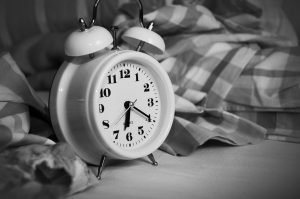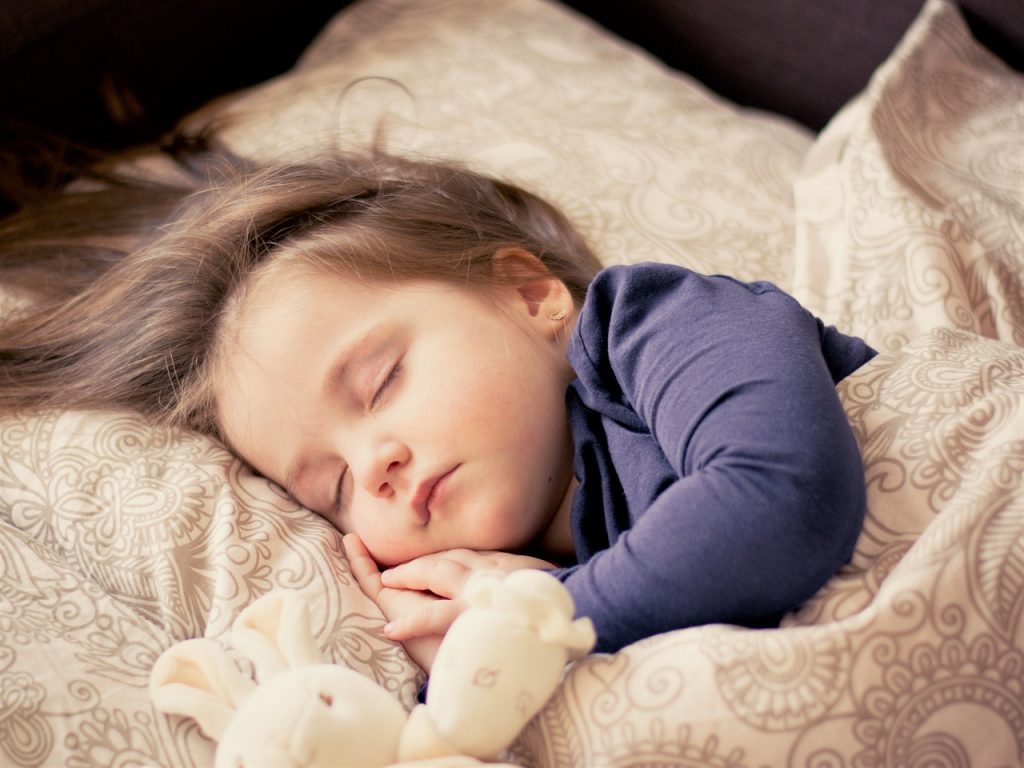Would you try to get more sleep at night if you knew a lack of it could lead to a cold? New research published in JAMA Internal Medicine shows that sleep may be your immune system’s best defense.
Data now indicates that those who sleep less than five hours a night are more likely to catch a cold. The researchers looked at 22,000 adults between 2005 and 2012, and they found that those who slept approximately five hours a night were 17 percent more likely to report having a head or chest cold within the past 30 days.
In general, 51 percent of individuals who were sleep deprived were more likely to have an infection, compared to those who slept between seven and eight hours per night.
 “Experimental evidence demonstrates that sleep loss can adversely affect components of the immune system critical to host resistance to infectious illness,” the authors wrote in their report. “Furthermore, short sleep duration and sleep disturbances prospectively predict increased susceptibility to upper respiratory infection after an experimental viral challenge.”
“Experimental evidence demonstrates that sleep loss can adversely affect components of the immune system critical to host resistance to infectious illness,” the authors wrote in their report. “Furthermore, short sleep duration and sleep disturbances prospectively predict increased susceptibility to upper respiratory infection after an experimental viral challenge.”
Research indicates that between 50 and 70 million Americans have a sleep disorder or regularly live with insufficient sleep. While this data cannot be linked to disease risk, the study published in JAMA Internal Medicine makes a strong argument for the immune system benefits of sleep — after all, who wants to catch a cold?
Sleep can be difficult for many people, even those who do not suffer from a condition such as insomnia. That being said, there are many ways that we can make it easier to get to sleep — we just don’t always choose to do so. Here are some tips you might want to try if you struggle to get some shut-eye.
Stick to a routine. It doesn’t have to be an elaborate one, but trying to get to sleep at the same time every night will adjust your body accordingly. Perhaps you may want to incorporate a little ritual, such as sitting down with a cup of tea before bed, to get your mind prepared for sleep.
Avoid caffeine and alcohol. Both caffeine and alcohol can prevent your body from achieving quality sleep during the night, even if you manage to slip into sleep.
Make it as dark as possible. Any light in your sleeping area will make it difficult for your body to begin producing melatonin, which is essential for winding down and getting to sleep.
Talk to your doctor. Don’t be afraid to discuss medication options with your doctor if these tips don’t work and over-the-counter remedies seem to be ineffective.
Sources
Leung, Cindy. Prather, Aric. “Association of Insufficient Sleep with Respiratory Infection Among Adults in the United States.” JAMA Internal Medicine. Published April 11, 2016.
“Sleep tips: 7 steps to better sleep.” Mayo Clinic. Retrieved April 19, 2016.
